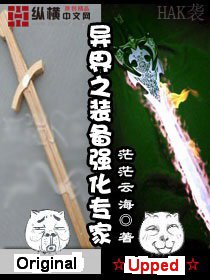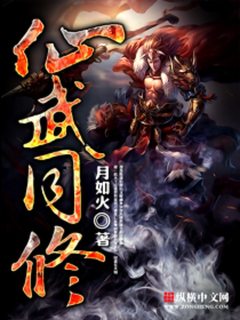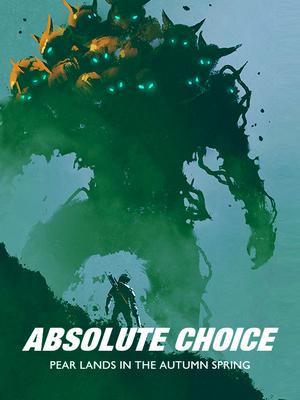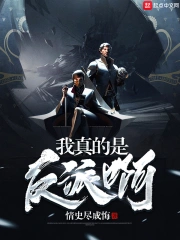The Story in 3 Sentences
A destitute teenager named Bai Yunfei, scraping by in a harsh cultivation world, stumbles upon a transcendent video game cheat skill that lets him upgrade any item he touches, turning mundane objects into weapons of immense power.
His journey shifts from desperate survival to navigating complex sect politics and escalating battles against increasingly powerful foes, as his unique ability draws both allies seeking protection and enemies coveting his power.
The story arcs towards a climactic confrontation with the continent’s strongest forces, culminating in his ascension to Emperor-level strength and the decisive defeat of the Qin Clan, solidifying his legend without venturing into a godly plane.
Why It Stands Out
1. The Brick That Built an Empire
Forget divine swords or ancient bloodlines; the core power fantasy here is pure, unadulterated crafting. The protagonist’s journey is defined by taking worthless junk—a simple brick, basic clothing, random eggs—and through sheer will and his upgrade system, transforming them into legendary artifacts. It’s a satisfying, tangible progression that resonates with gamers and tinkerers alike, making every victory feel earned through ingenuity rather than just raw power.
2. A Protagonist Who Grows With His Gear
Bai Yunfei isn’t just a vessel for an OP system. He starts naive and justice-driven, often stumbling into trouble, but his character evolves alongside his equipment. His struggles with the system’s limitations and the moral weight of his power add depth, making his triumphs over bandits, sects, and emperors feel like genuine personal growth, not just stat increases.
3. World-Building Through the Workshop
The novel’s xuanhuan setting isn’t just a backdrop; it’s a playground for the upgrade mechanic. The story explores how this single, game-like ability disrupts the established cultivation hierarchy, forcing ancient sects and powerful clans to adapt or perish. This creates a dynamic world where political intrigue and martial conflict are directly fueled by the protagonist’s unique, almost industrial, approach to power.
Characters That Leave a Mark
There’s Li Chengfeng – a tormented soul driven mad by the massacre of his village, whose path of vengeance intersects with Bai Yunfei’s, forging a bond built on shared loss and righteous fury.
You’ll meet Chu Yuhe, who enters the story as a damsel in distress saved from a terrible fate, but quickly becomes a steadfast companion and sworn sister, her presence adding emotional weight and grounding the protagonist’s more reckless tendencies.
And Dongfang Ming? They’re the one who embodies the tragic cost of obsession, a brilliant crafter whose love for Cang Yu and pursuit of forbidden, demonic armaments twists them from a potential ally into a formidable, complex antagonist.
The Flaws Fans Debate
The core upgrade mechanic, while novel, can sometimes feel repetitive or less fulfilling than its initial promise, with the thrill of discovery diminishing over hundreds of chapters.
The protagonist’s naivety and occasional lack of strategic depth can be frustrating for readers seeking a more cunning or ruthless lead, making some victories feel like they rely too heavily on his system rather than his intellect.
The story’s pacing can drag, particularly in the middle sections, as the narrative focuses heavily on incremental power gains and repetitive combat encounters before reaching its more explosive, high-stakes finale.
Must-Experience Arcs
Ch. 1–50: Rise of the Cloud – A destitute Bai Yunfei discovers his upgrade ability, survives his first bandit encounters, and forms his initial, crucial bonds with allies like Li Chengfeng, laying the gritty, survivalist foundation for his entire journey.
Ch. 400–800: Soulbeast Forest and Sect Wars – Venturing into dangerous territories, Bai Yunfei upgrades mysterious eggs and faces off against powerful sects and mid-stage Soul Exalts, showcasing the full, often unpredictable, potential of his power as he ascends to higher cultivation realms.
Ch. 900–1356: Emperor’s Ascent and the Qin Clan’s Fall – Reaching the pinnacle of mortal power, Bai Yunfei leads the charge against the tyrannical Qin Clan, culminating in epic, large-scale battles and the satisfying, decisive elimination of its Soul King patriarch, bringing his earthly saga to a powerful, conclusive end.
Killer Quotes
“I have arrived! I have really traveled through dimensions?”
“F*ck yeah! ‘Item Upgrade’! Wahahahaha! I’m rich now… I’m rich!”
“Die… Die! All bandits must die! To pay for my parents’ death!”
Cultural Impact
The novel became a staple reference point in xianxia communities for its unique “gamer in a cultivation world with an upgrade cheat” premise, inspiring countless similar stories and discussions about crafting-based power systems.
Fans on translation sites like Wuxiaworld developed inside jokes and memes around Bai Yunfei’s iconic brick and the often absurdly powerful results of his +10 upgrades, turning niche moments into shared community lore.
Its completion after 1356 chapters was met with significant fanfare, celebrated as a rare, fully-realized epic in a genre often plagued by abrupt cancellations or meandering plots, solidifying its status as a cult classic.
Final Verdict
Start Here If You Want:
A pure, satisfying power fantasy built on transforming the ordinary into the extraordinary.
A long, complete xuanhuan epic with a clear beginning, middle, and end.
A protagonist whose strength comes from a unique, system-based ability rather than just innate talent or bloodline.
Study If You Love:
Exploring how a single, game-like mechanic can fundamentally disrupt and redefine a traditional cultivation world’s power structure.
Analyzing the evolution of a protagonist whose character development is intrinsically linked to mastering his external power source.
The tropes and narrative structures of completed Chinese webnovels, particularly those blending gaming elements with xuanhuan.
Avoid If You Prefer:
Complex, multi-layered protagonists with deep psychological nuance from the outset.
Fast-paced narratives with minimal filler or repetitive combat sequences.
Stories that conclude with a transcendence to a higher, godly plane or dimension.





